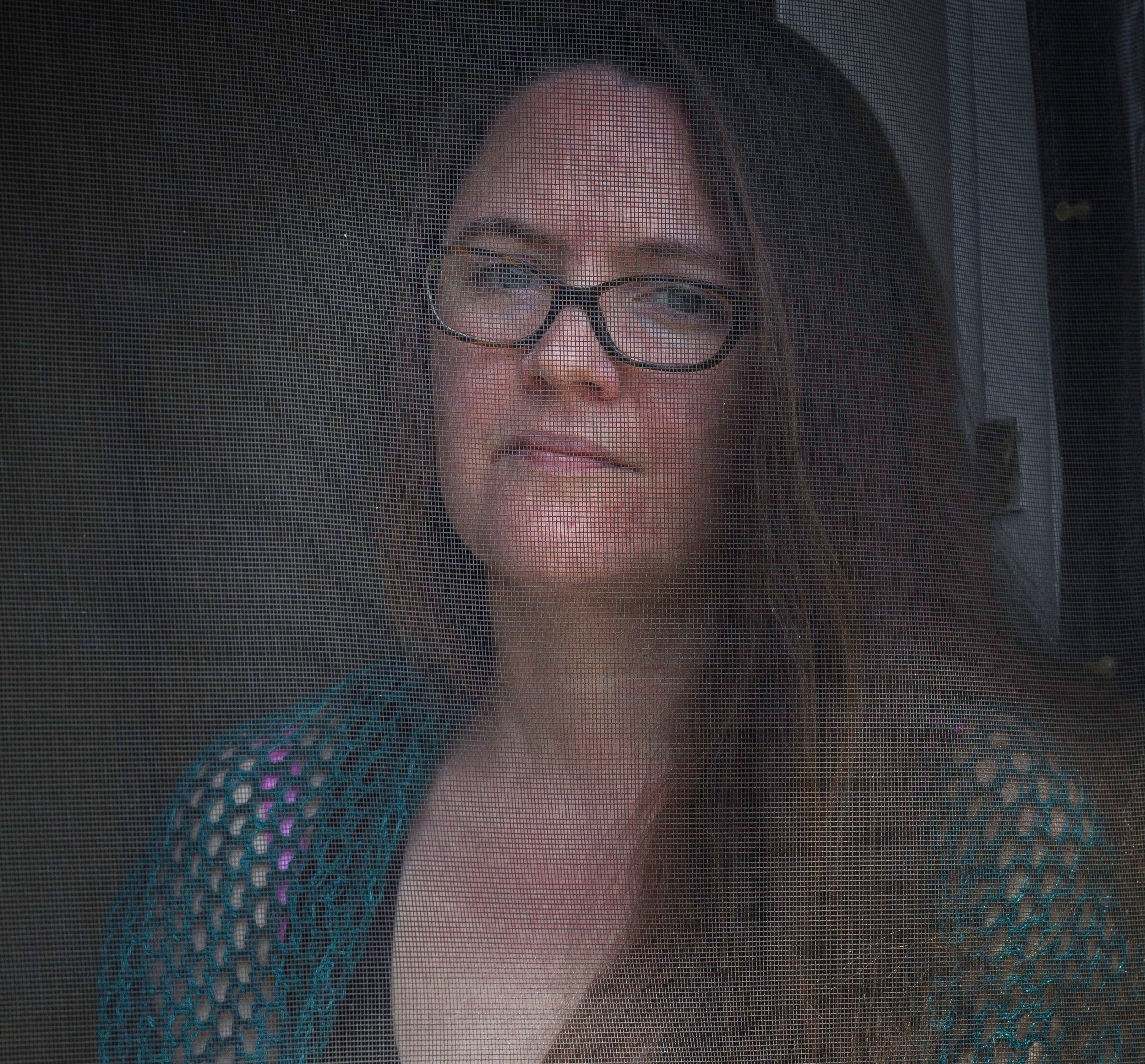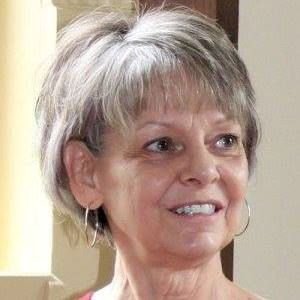Something wicked, this way goes
/Vaishnavi Pusapati
Touched by grief,
besmudged, wrapped
and ribboned.
Floating in the lake,
like driftwood,
like a body, bloated,
like a pool toy,
moving but dead,
dead but moving,
like a strange,
sleeping ghost,
like a glacier that is
well past its prime
but still shall float,
adrift, unsinkable,
my reflection,
among the glitter
of fireflies.
Author’s Note: My concrete poem meanders like a river into which I look for self reflection, as I drift into the throws of darkness. But I don't recognize myself anymore, feeling like an object that floats, on the log of luck and chance. The fireflies shimmer like stars in the background, jarring against the silhouette of my dark outline that is anxious, and senses danger. The poem isn't only about drowning in fears and sorrows, rather it is also about burning out mid-ambition, like dead fireflies and helplessness, tiredly watching, detached over where this mysterious river is going. My river is our river, where those who float could sink, anytime now. The ominous feeling of doom is the same one I was haunted by in Macbeth, when the witches say, "Something wicked this way comes." when referring to Macbeth not as a person, but now as a thing.
Bio: Vaishnavi Pusapati is a physician and travelling poet. She has been published in Bare Hill Review, Prole, InkPantry, Palisades Review, Molecule and Dreich Quarterly, among others.
















